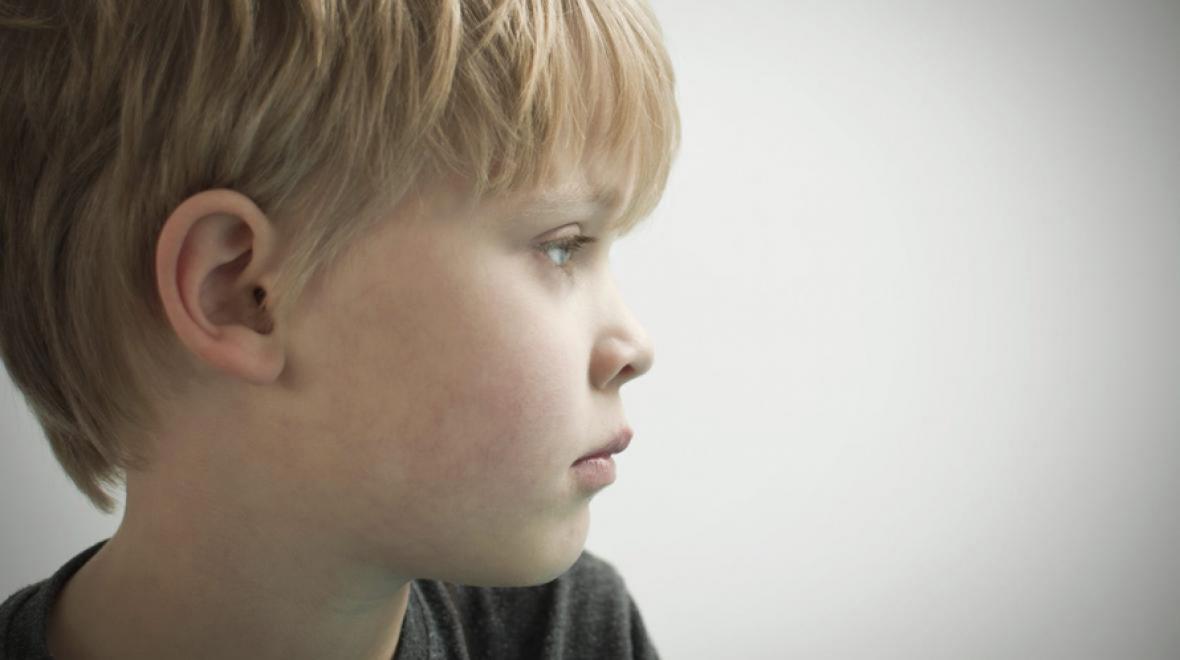
Have you ever noticed that parenting trends are like nutrition and health advice?
First, there is the next big discovery, and then uh oh, we find out that there are kinks in the argument. Self-esteem was the end-all and be-all of the '80s, and then it was teaching to the learning style of the child. (Perhaps you didn’t know we were way over those big deals?)
Unfortunately, parents often read about the exciting new sensations and then miss the less exciting analysis that follows months or even years later that exposes the flies in the ointment.
In this six-part series — this being the fourth installment — I’ll revisit common ideas about parenting that have been distorted, misinterpreted or oversimplified and give you the latest information.
Parenting myth no. 4: Focusing on resilience can compensate for a child's stress.
Like grit, promoting resilience is great in concept. Resilience is the process of adapting well in the face of adversity, trauma, tragedy, threats or significant sources of stress — such as family and relationship problems, serious health problems or workplace and financial stressors. It means "bouncing back" from difficult experiences. Who doesn’t want such a wonderful asset and trait in their kids?
First, let me offer an enthusiastic endorsement for adults helping children become resilient through positive connecting and relating. With empathy and understanding, we can do a lot to support kids’ resilience.
We can help children be connected to school, provide resources to help them be successful academically, promote social and emotional competencies through youth engagement, encourage self-care and coping strategies, procure mental health services, model and support healthy habits, and nurture their meeting of personal goals. Whatever the stressors that children have engendered, a loving relationship with adults is the lynchpin that links individual children with supports they need to build resilience.
However, like grit-mania, the focus on children bouncing back from trauma can burden the child with unrealistic expectations. And like so many movements that sound fabulous in concept, the devil’s in the details. As easy as it is to identify the benefits of developing resilience, no one has proven that a specific program designed to build resilience has been successful.
Adults can help children develop resilience, but the process is influenced by many nuanced forces at work at school and at home which are tailored to the individual child and the adversities and protective factors at play in his or her life. A one-size-fits-all approach is simplistic.
Moreover, if a child has sustained a great deal of childhood stress, possesses biological risk factors, and hasn’t caught some pretty large lucky breaks along the way, expecting that child to be “resilient” is naive. Sure, years of effective therapy, tutors, coaches and special opportunities would help that kiddo, but last I checked, the most at-risk and stressed out kids weren’t receiving these services.
Children (and all humans) are complex biological systems. Imagine the DNA subtypes of children interacting with the adversities experienced over the first five, 10 or 15 years of life, which may include “risk factors” like high-conflict parents or divorce, psychological or physical abuse, neglect, poverty, violence, substance abuse in the family, trauma, dangerous neighborhoods and failing school.
Then take into account the “protective factors,” which are positive influences like loving adults, good peer experiences, achievements, talent development, critical junctures of stability and effective teachers in a thriving school climate.
How do the positive versus negative forces interact? How do a few key adults or successful years help put the child on a track to success? When do the risk factors overwhelm the protective ones such that a child can’t be resilient? Can we put this in a manual?
Toxic stress is the term currently used to describe the way that significant stress during childhood can get into your body — literally. Having adrenaline dumped into your body’s organ systems by the constant stress-triggers of a difficult childhood compromises your immune system. It essentially wears down your ability to cope with the demands of environmental threats.
One of the biggest questions in the resilience world is, “Can we really expect a child to be resilient when the ills they’ve suffered are extreme and the supports they have received for healing are so skimpy?”
A significant and large study on toxic stress was conducted by researchers studying patients in the Kaiser Permanente system. They identified “adverse childhood experiences” (ACEs), like those listed above as risk factors experienced during the patients’ childhoods. ACE scores are associated with child learning and behavioral problems, as well as emotional disorders. They are also correlated with health problems during adulthood, ranging from heart disease to immunological disorders to cancer.
Stressed out kids can’t learn. When heart rates are high, emotional circuits are activated and thinking and concentrating aren’t possible. Young children who struggle with school performance and emotional coping suffer terribly with their sense of self and hopelessness about the future. By adolescence, kids with high ACE scores have often developed problems with depression, anxiety, substance use, and behavioral disorders that toss them out of school and into jail. Are we blaming the victims?
The takeaway
As parents, teachers and concerned adults, we should support children in developing resilience by helping them develop competencies, offering them opportunities to pursue their interests, empowering them by helping them believe in their capabilities and successful futures, and finding them services as needed.
However, considering the ACE research and other studies on toxic stress and trauma, we need to also address the forces that create overwhelming stress for children, instead of just the repair efforts after they’ve sustained the insults.
This story originally published in October 2016 and was updated in April 2020.
Read more parenting mythsThis six-part series will revisit common ideas about parenting that have been distorted, misinterpreted or oversimplified — and provide you with the latest information.
|











